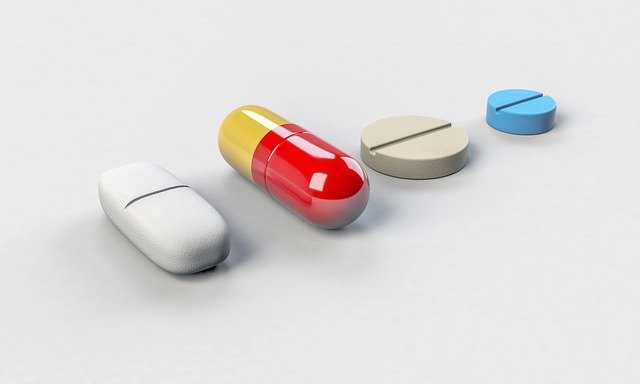Front-page attention makes addiction all the more difficult
The latest data suggests that about 85% of people who get sober from opioids will relapse within a year. For alcohol, the stat varies anywhere from 30-70%. In our field, we focus so much on celebrating the decision to seek treatment we might be tempted to ignore the ugly truth of relapse.
And then, something big happens that brings national attention to the hard reality of addiction. Demi Lovato, once a recurring face on “sober celebrities” lists like this one is in the headlines again for a dangerous return to, reportedly, heroin.
The singer and former child actress had been very public with her struggles, perhaps leaning in to a media fact of life and choosing to “join them” rather than trying to beat the press and hide her personal life. She is a spokesperson for Be Vocal: Speak Up For Mental Health, which followed a 2011 time in rehab for addiction and an eating disorder.
This, of course, made it all the sadder to hear when the singer was rushed to the hospital following a suspected overdose in her Hollywood home.
Celebrity and addiction is often a vicious cycle, with the former leading to the latter time and time again. Being in the spotlight is hard. People are only human. They don’t always deal with challenges in the healthiest way, and addiction is there waiting for them when they are most vulnerable. Unfortunately, as addiction lurks in wait for celebrities to slip up, so do the paparazzi and gossip columnists. Celebrity nadirs are broadcast on every homepage.
Mental health plays another substantial role. According to this Forbes article, “It’s important to realize that co-existent mental illness can significantly elevate the risk of addiction relapse if not addressed and treated. In fact . . . close to 50% of people with bipolar disorder having a co-existent drug or alcohol addiction.”
Celebrity, mental illness, and addiction can be a deadly combination. Fortunately for Demi Lovato, she has access to the best possible care. We can only hope that those with just one or two of the above factors (mental illness and/or addiction) can access the same level of support and help when they need it most, even if they don’t live in the spotlight.


